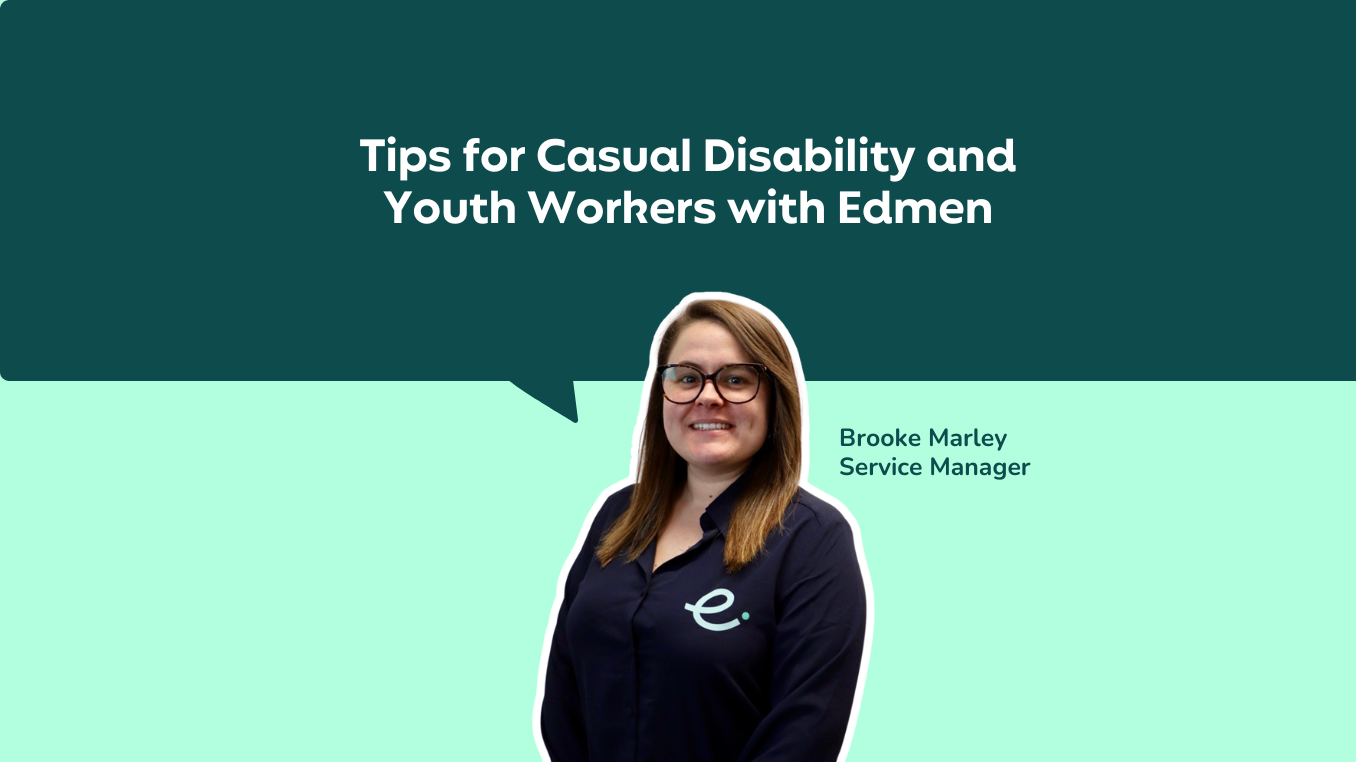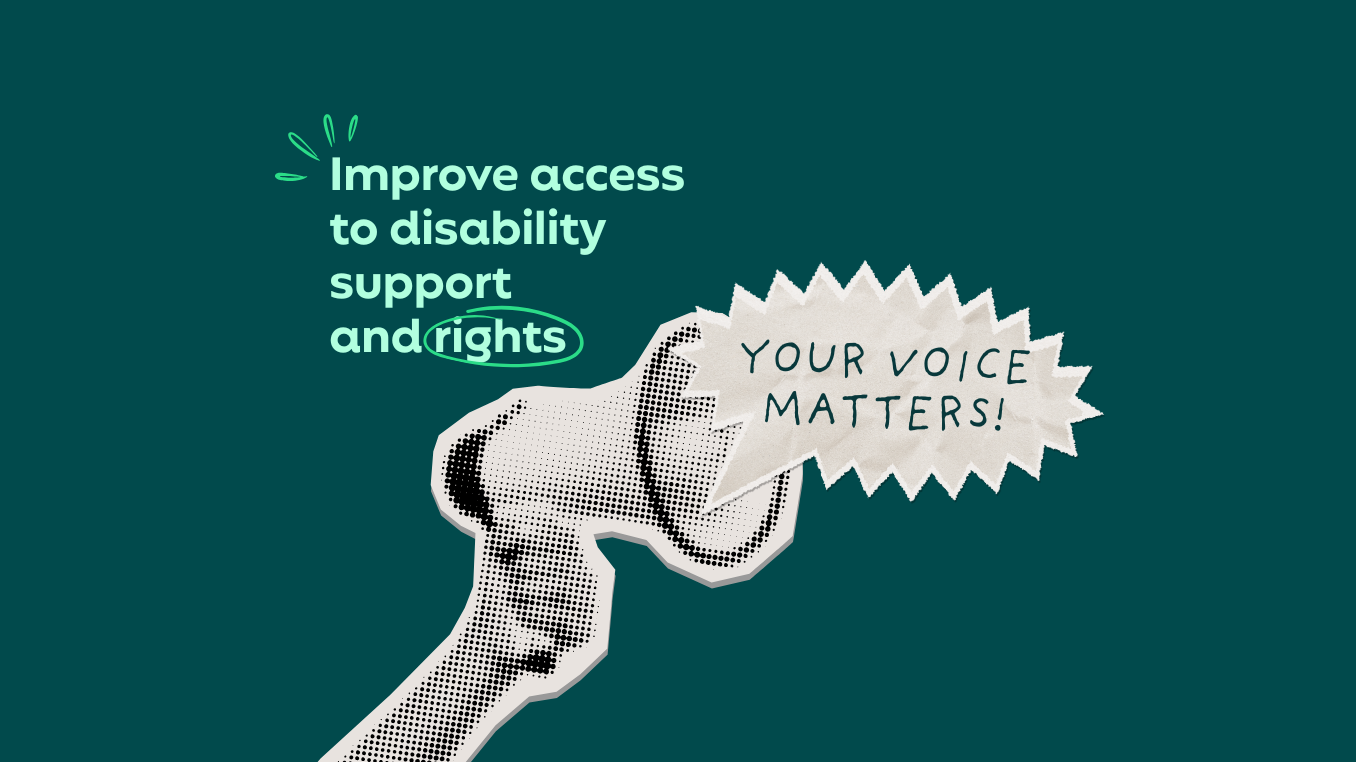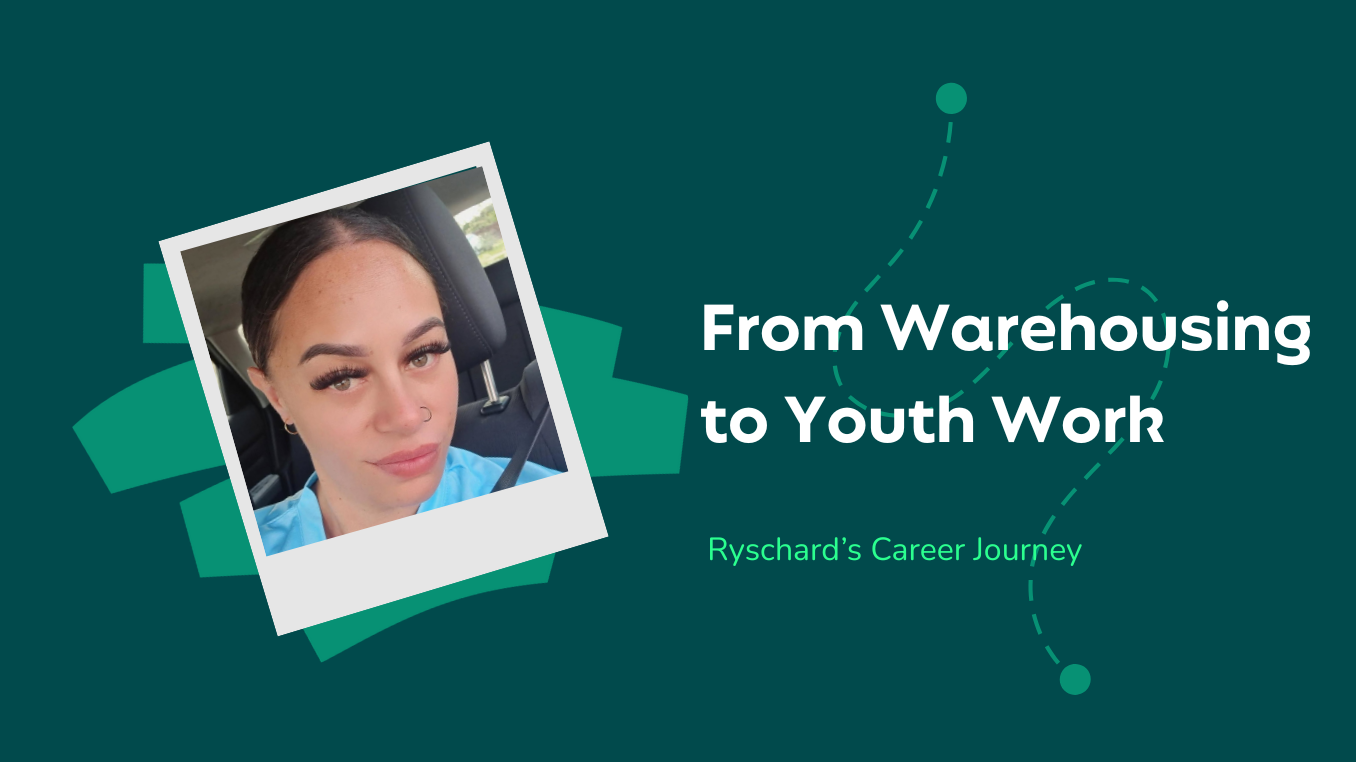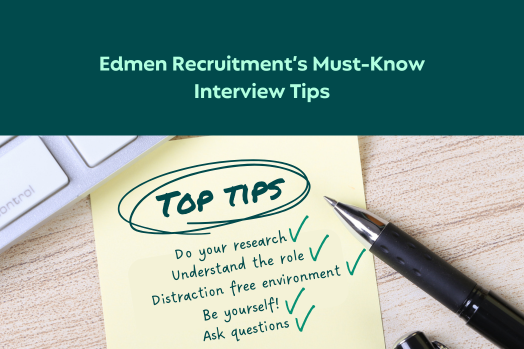Blog


Happy New Year! We hope your holidays have been filled with sunshine, good company and well-deserved rest. While January is still very much summer here in Australia, it’s the perfect time to reflect on enjoying these long summer days safely , especially as many of our youth and disability workers head out into the community or support clients in a range of environments. Here are some essential summer safety reminders - whether you’re heading to the beach, organising outdoor activities, working in the heat or just making the most of summer fun. Stay Cool & Hydrated Warm weather makes being outdoors so inviting but high temperatures can be dangerous if we aren’t careful. Heat exhaustion and dehydration can affect anyone, but especially those working outdoors or with additional care needs. Tips to stay cool and healthy: Drink plenty of water throughout the day - don’t wait until you’re thirsty! Take regular breaks in the shade or indoors, especially between 11 am – 3 pm when temperatures peak. Wear light, loose-fitting clothing and a hat to help your body regulate heat. Use fans or air-conditioning if available or seek cool public spaces like libraries or community centres. Water Safety Matters Many Australians use summer to swim, fish, paddle or enjoy rivers and the beach - and while water brings joy, it also brings risk. Water safety tips: Always swim between the flags at patrolled beaches and obey warnings. Never swim alone. Make sure someone else knows where you are. Avoid alcohol near water - it can impair judgement and reaction times. Know basic water rescue principles and CPR - it could save a life. Whether you’re supervising clients or spending time with family and friends, keeping a close eye on water safety is key to a fun and incident-free summer. Protect Your Skin Australia’s UV levels are among the highest in the world - and you don’t need to be at the beach to get sun damage. Sun protection essentials: Use SPF50+ broad-spectrum sunscreen and reapply every two hours. Slip on protective clothing, Slop on sunscreen, Slap on a hat, Seek shade, and Slide on sunglasses - the SunSmart 5 S’s. Keep sunscreen and shade/umbrellas handy when out in the community or at outdoor events. This helps protect everyone’s skin but it’s especially important for people with disability or those who may be more vulnerable to heat and UV effects. Plan Ahead & Look Out for Each Other Summer isn’t just sunshine and surf - it can bring heatwaves and intense weather. Preparing ahead can make all the difference: Check weather forecasts before scheduling outdoor work or activities. Build regular check-ins into your day - especially for clients who live alone or are at risk of heat-related illness. Make sure everyone has access to water, shade and a plan for cooling down if it gets too hot. Looking out for one another is something that connects deeply with our work in youth and disability support and there’s no better time to practise it than during summer’s hottest weeks. Have Fun - Just Be Safe! We want you and your networks to make the most of these long, bright days ahead. Whether it’s community events, outings with clients or teaching new skills under the sun, enjoying summer responsibly keeps everyone happier and healthier. Wishing you all a safe, fun and fulfilling start to 2026!
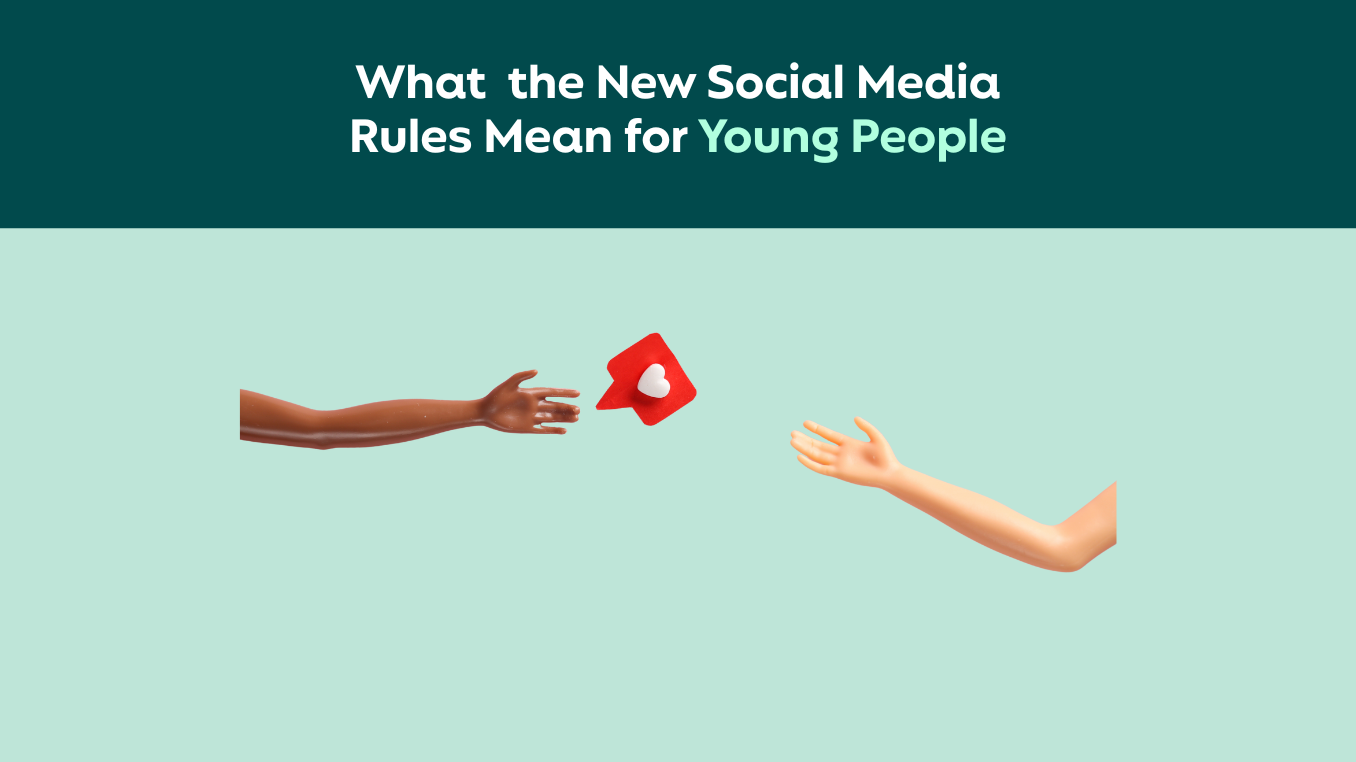
What the New Social Media Rules Mean for Young People And How We Can Support Them Australia has introduced a new law that means children and young people under 16 can’t have social media accounts on big platforms like Instagram, Facebook, TikTok, YouTube, Snapchat, X and others. From 10 December 2025, these platforms must take steps to stop under-16s from having accounts or face big fines. The idea is to protect young people from some of the risks that can happen online, like cyberbullying, harmful content and addictive use. But this big change can also affect the wellbeing and social lives of the young people we work with. It’s important we understand what it means and how we can support them. What's Changing? ✔ Under-16s won’t be able to have accounts on many major social media apps. ✔ Platforms must try to check users’ ages and remove or block under-16 accounts. ✔ Young people can still view some public content without an account, but can’t post, comment or use the apps as before. ✔ There are no fines or legal penalties for young people or their families. The law is about the platforms doing the work. What Young People Might Feel This is a big shift, and many young people will feel frustrated, upset or anxious about it. Social media is how a lot of teens connect with their friends, communities, interests and support networks - especially for groups who might already feel isolated, such as rural youth or LGBTIQA+ young people. Some young people may: Feel cut off from friends or peer groups Be angry or in denial about the changes Try to find workarounds to stay connected Be confused about what the rules actually mean It’s normal for them to have strong feelings about this. What This Means for the Young People We Support As youth and disability workers, we might see: 📌 Changes in how young people communicate with each other 📌 Feelings of loss, loneliness or worry about missing out 📌 Increased pressure to stay connected in other ways 📌 Confusion about what they can and cannot do online Some young people will cope well, others might struggle more without their usual online spaces. What We Can Do to Help Here are some simple and practical ways we can support young people during this time: 1. Talk and Listen Give them space to talk about how they feel about the changes. Let them know their feelings are valid - this is a big shift in their world. 2. Help Them Understand the Rules Clarify that the change affects accounts, not the person. They don’t get into trouble for accessing content without an account, but they won’t be able to interact in the same way. Reinforce that there are no legal penalties for them or their families 3. Support Alternatives Help young people find other ways to connect and build positive socialisation, like: Face-to-face meetups Group activities (sport, clubs, classes) Extra support programs or services Safe online spaces that aren’t blocked (Messenger, WhatsApp- Check eSafety Site FAQs to discover more) 4. Watch for Emotional Impacts Some young people may feel sad, anxious, isolated or angry . Pay attention to these feelings and: Offer emotional support Encourage healthy routines (sleep, exercise, offline hobbies) Connect them with mental health support if needed 5. Reinforce Online Safety Use this time as an opportunity to help young people with practical tools and trusted online safety information. A great resource to share with them is the eSafety Commissioner’s “Young People” page: 🔗 eSafety – Young People - https://www.esafety.gov.au/young-people This page has useful information to help stay safe online, including topics young people care about like online behaviour, respectful communication, cyberbullying, privacy, and how to get help if something goes wrong online. You can encourage them to explore this page on their own or use it as a discussion tool when talking about online life — even without social media access. In Summary This new social media change is big news both nationally and for the young people in our communities. While the law is meant to protect young people, it may also bring big feelings and challenges that we need to support. The most important things we can do are: ❤️ Listen openly ❤️ Explain clearly ❤️ Help them find connection and support in safe ways Together, we can help the young people we work with feel heard, understood and supported through this time of change.

Embarking on a journey as a youth worker or disability support worker while simultaneously pursuing studies is no small feat. The unique challenges and rewards that come with such roles require a delicate balance between education and practical experience. In this blog post, we'll explore practical tips and offer encouragement to help students successfully navigate this balancing act, making the most of their roles and education. Effective Time Management One of the key skills to master when juggling work and studies is effective time management. Create a realistic schedule that allocates dedicated time for both work and study commitments. Utilise tools like calendars, planners, or productivity apps to stay organized and ensure deadlines are met. Communication with Edmen Service Coordinator Your Edmen Service Coordinator is there to support you on your journey. Regular communication is crucial – keep them informed about your study commitments and work availability. This will help them tailor your work schedule to accommodate your academic responsibilities, fostering a collaborative and supportive environment. Maximising Support and Supervision Sessions (for Youth Workers) Engage actively in support and supervision sessions provided by Edmen. These sessions offer valuable insights, guidance, and a platform to discuss any challenges you may be facing. Share your goals and concerns to receive personalized advice and mentorship, helping you grow both professionally and academically. Self-Care Matters Balancing work and studies can be demanding, so prioritize self-care. Allocate time for activities that bring you joy and relaxation. Whether it's exercising, reading, or spending time with loved ones, taking care of your well-being is essential to maintain a healthy work-study-life balance. Set Realistic Goals Establish achievable short-term and long-term goals. Break them down into manageable tasks and celebrate your accomplishments along the way. This approach will keep you motivated and focused, providing a sense of direction during busy times. Collaborate and Network Connect with fellow students, colleagues, and professionals in the field. Sharing experiences, insights, and tips can be mutually beneficial. Attend networking events or join online communities to expand your support system and gain valuable perspectives. Optimising Work-Life Balance with Edmen's Active App Edmen's Active app streamlines managing your work-life balance. Use it to proactively update your availability, especially during intense study periods or holidays, when your availability may change. By blocking out or updating your schedule in advance, you help your Service Coordinator schedule shifts more efficiently. Utilise University Support Services Remember, your university or educational institution is invested in your success. If you find yourself struggling with the demands of study and work, don't hesitate to reach out for help. Universities and training organisations often offer a range of support services, including study planning, advice, and feedback. Additionally, many institutions provide dedicated well-being services to support students during challenging times. Check with your organisation to explore the available resources and make the most of the support offered to ensure a well-rounded and successful academic journey. Balancing studies and a career in youth or disability support can be challenging, but with effective time management, open communication, and a focus on self-care, it's entirely possible. Utilise the support available through Edmen and your university or training provider and make the most of supervision sessions. Remember, this journey is a learning experience, and each step forward is a step toward both personal and professional growth. Embrace the challenge, stay positive, and enjoy the rewarding journey of making a difference in the lives of others.
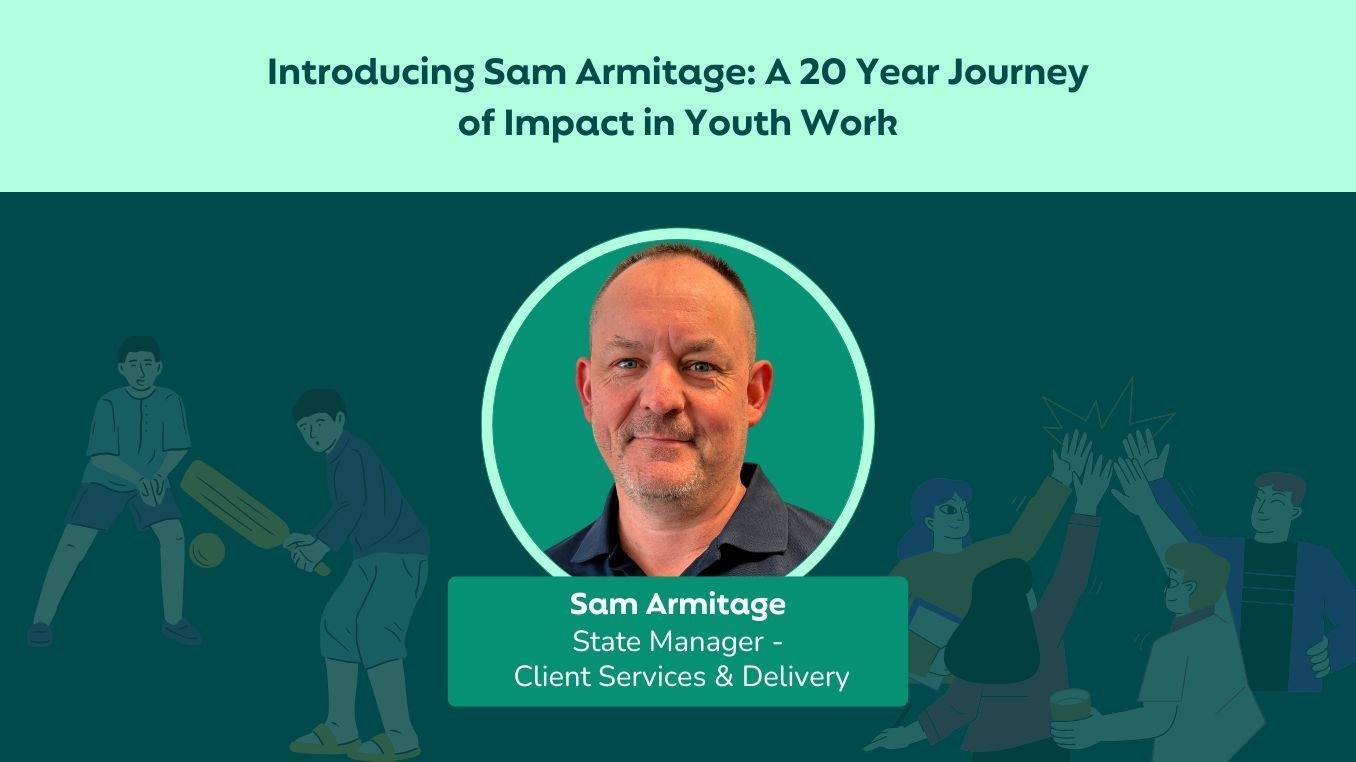
Sam Armitage, our new State Manager - Client Service and Delivery at Edmen Community Staffing Solutions, brings over 20 years of experience in the youth work industry. With a background in child protection, family services and corrections, Sam has held diverse roles, including Youth Worker, Facilitator of Learning, Manager and General Manager within Adult Corrections and the Department for Child Protection (DCP). Most recently, as Compliance and Operations Manager at DCP. “I’ve had the privilege of working in various capacities, each role shaping my understanding of the challenges and opportunities in supporting young people,” Sam reflects. “From Juvenile Detention to leadership positions, my focus has always been on fostering care and resilience.” His transition to Edmen marks an exciting step to elevate our trauma-informed services and partnerships, driving meaningful outcomes for clients and communities. A Memorable Moment That Inspires Leadership Early in his career as a Youth Worker in a Juvenile Detention setting, Sam participated in culturally specific healing initiatives for Aboriginal young people addressing trauma, grief and loss. "Those experiences were transformative," he recalls. "They shaped my personal and professional ethics, reinforcing my commitment to advocacy and systemic change." This foundational moment continues to guide his leadership, emphasizing empathy, cultural sensitivity and responsive support for vulnerable youth. Work-life balance Based in Adelaide, Sam is not only a dedicated professional but also a proud father to two teenage boys. At home, he balances his demanding career with the joys and challenges of fatherhood. His sons describe him as a "funny, supportive, and sometimes strict" dad who always makes time for them, whether it’s cheering at their cricket matches and Aussie Rules games or helping with homework. "Fatherhood has taught me patience and the importance of being present," Sam shares. "My boys keep me grounded and remind me why I do this work - to create a better future for young people." Exciting Opportunities at Edmen Sam is enthusiastic about his new role: "I’m thrilled to work with Edmen’s incredible staff, clients and stakeholders. This role offers a unique opportunity to build key partnerships and deliver responsive, trauma-informed services." His goals include empowering direct teams through self-growth and confidence-building, heightening awareness of youth workers' key roles and sharing insights to drive Edmen's service expansion. As State Manager, Sam will lead client service and delivery efforts, ensuring alignment with Edmen's mission to support community staffing solutions. A Message to Youth Workers and the Community To Edmen's casual workers and the broader community, Sam offers this: "As a Youth Worker, you hold a position to nurture care, wellbeing and self-worth in a young person’s life. This responsibility demands self-development, reflection and resilience. Your conduct and drive are essential in creating lasting impact." He urges dedication to the role, recognizing its influence on young lives. Leading with Values and Vision Sam is known for his hardworking, loyal and genuine nature, coupled with a 'never give up' attitude. His philosophy centers on listening, clear communication and earning respect through accountability. "Working with vulnerable youth requires truth and time," he notes. "My approach at Edmen will be grounded in standards - because the standards you walk by are the standards you accept." By encouraging robust conversations, humor and resilience, Sam aims to cultivate a supportive culture for staff and clients. Looking Ahead Sam Armitage's appointment as State Manager - Client Service and Delivery strengthens Edmen's commitment to exceptional community support. His expertise in trauma-informed care, team development and strategic partnerships will propel our services forward. Join us in celebrating Sam's journey and contributions - we're excited for the positive change ahead.

